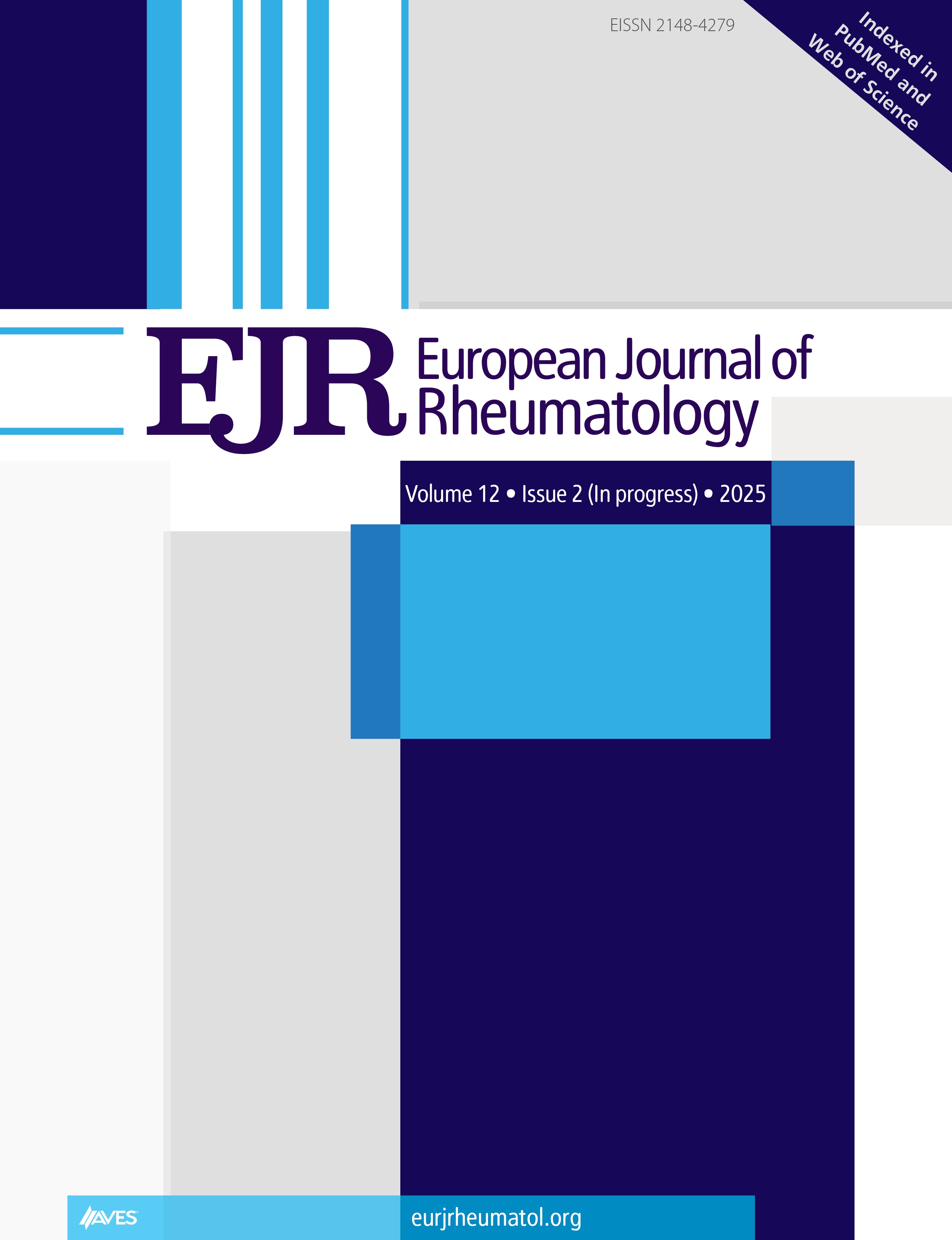Systemic sclerosis (SSc) is a chronic autoimmune connective tissue disease with manifestations in multiple organs, including the skin, lung, heart, joints, gastrointestinal tract, kidney, and liver. Its pathophysiology is characterized by inflammation, fibrosis, and vascular damage, with an increased expression of numerous cytokines, chemokines, and growth factors. However, besides these growth factors and cytokines, another group of molecules may be involved in the pathogenesis of SSc: the adipokines. Adipokines are proteins with metabolic and cytokine-like properties, which were originally found to be expressed by adipose tissue. However, their expression is not limited to this tissue, and they can also be found in other organs. Therefore, this review will describe the current knowledge regarding adipokines in the context of SSc and try to elucidate their potential role in the pathogenesis of SSc.
Cite this article as: Frommer KW, Neumann E, Müller-Ladner U. Role of adipokines in systemic sclerosis pathogenesis. Eur J Rheumatol 2020; 7(Suppl 3): S165-72.



.png)